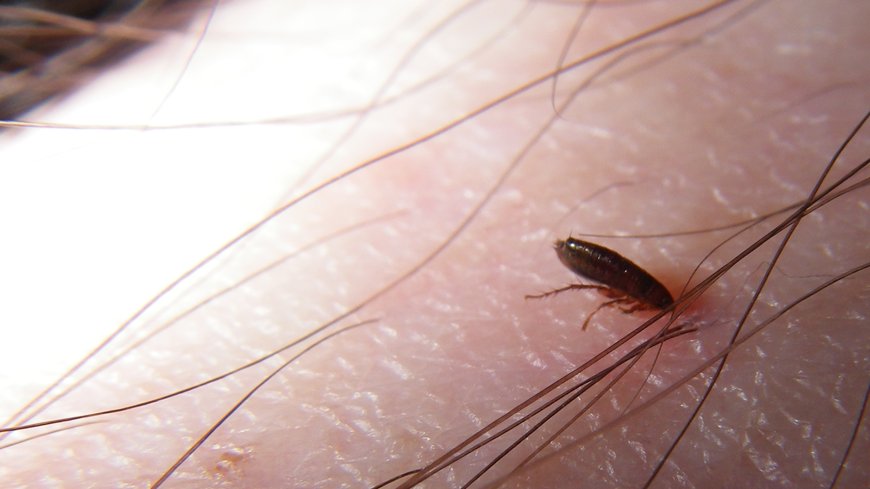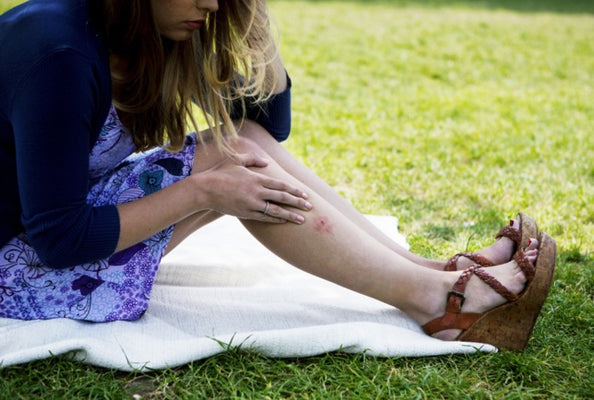Using it in combination with Deer Off Spray and Electronic devices
And now I still have my Roses and other deer sensitive Plants
There is no ugly smell and the deer stay away !!
I recently planted a row of pansies (a salad bar for deer and rabbits) and was concerned about how long they would survive before being consumed. I bought the granular deer and rabbit mace and after a few weeks, the pansies are growing strong. I shared some with my neighbor who was putting chicken wire over his plants every night. I may have created a new customer. GREAT PRODUCT!
I have been using Nature’s Mace Deer repellent for many years on about 10 acres of pumpkins I have been thrilled with the results.
And it lasts for up to 10 days .
One of our favorite things to do throughout the summer is to sit out in our backyard. This year we were so excited to be outside and set it up comfortably - only to be attacked by bugs all summer long. It was awful and we ended up not spending much time out here. Until recently, when we were recommended skeetermace! I sprayed it once and we were able to spend hours outside. It works so quickly and it actually smells so good! I highly recommend this product!
Thank you so much for your awesome review! We are glad that Skeeter MACE has made your backyard enjoyable again :D
I have used both the spray and the granules. Currently I am having a problem with neighborhood cats using my lovely landscaped front yard as a litter box. By using a combination of granules and spike mats it essentially eliminates cats from using the yard. Sprinkling the granules on a regular basis prevents the cats from coming back.
I use Skeeter Mace at my horse barn and have had fantastic results. My horses no longer require fly sheets or get covered with mosquito bits. I feel comfortable spraying it around my animals because of the natural ingredients.
Thanks for your wonderful review! I am glad the Skeeter MACE is helping to make you and your horses comfortable.
The Cat Mace product really works. When the neighborhood cats use my yard as a bathroom, I clean it up, spray Cat Mac (~weekly for a few weeks, then less often) and they stay away!






